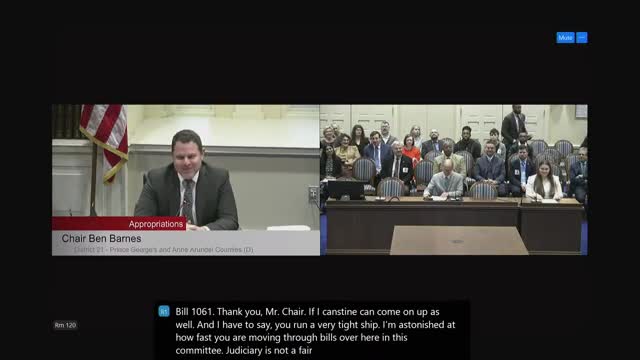Article not found
This article is no longer available. But don't worry—we've gathered other articles that discuss the same topic.
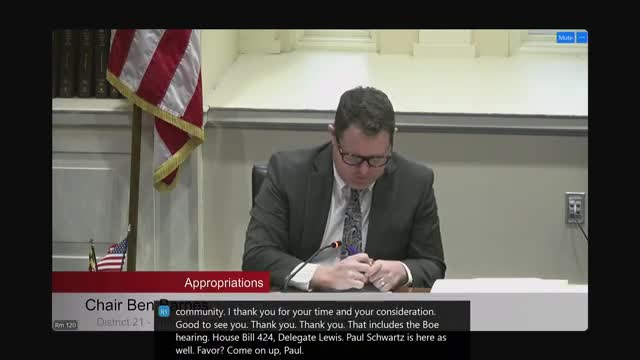
Panel backs bill to extend loan fund and legal support for federal employees facing layoffs
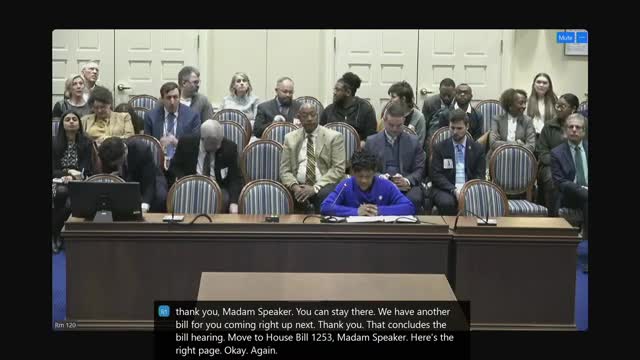
Maryland lawmakers debate creating a Department of Social Equity to centralize equity programs
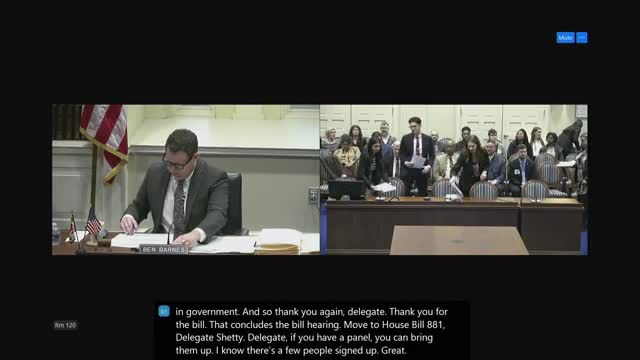
Lawmakers hear testimony on bill to pass 100% of child support to custodial families on assistance
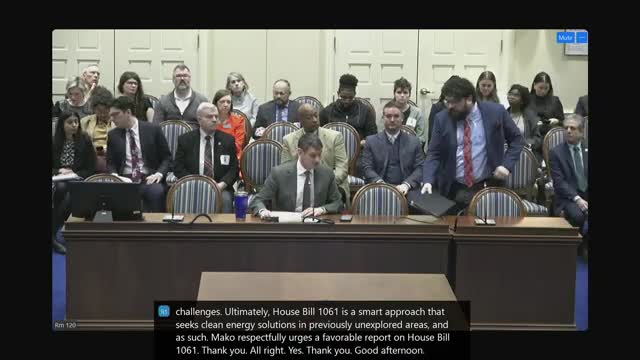
Bill would let college students in foster care keep their previous placements for breaks
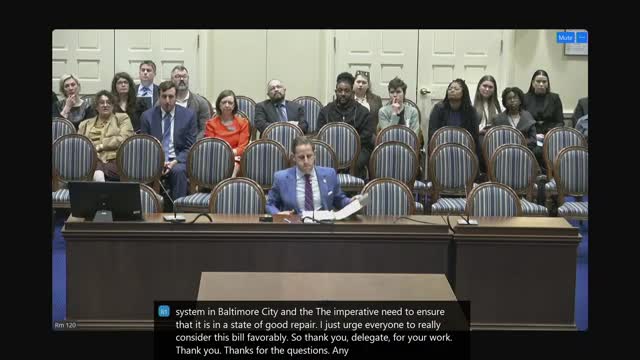
State librarian and advocates press for stable funding for Deaf Culture Digital Library
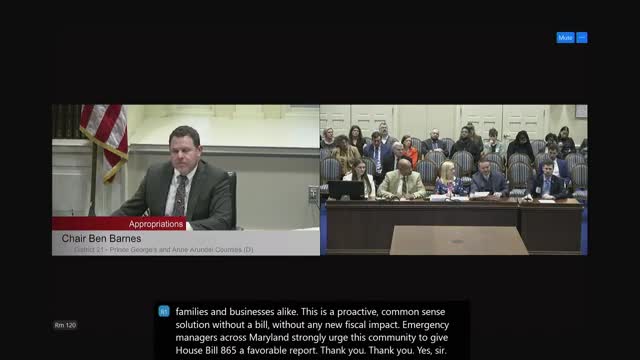
Legislators urge renewal of transit safety investment mandate to sustain MTA funding
